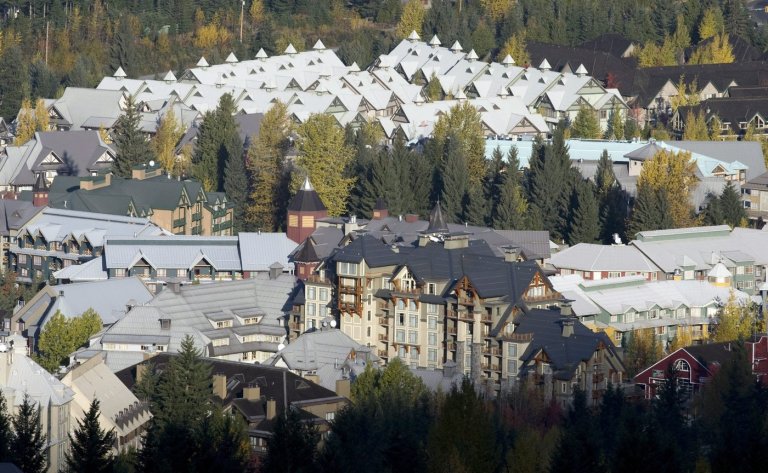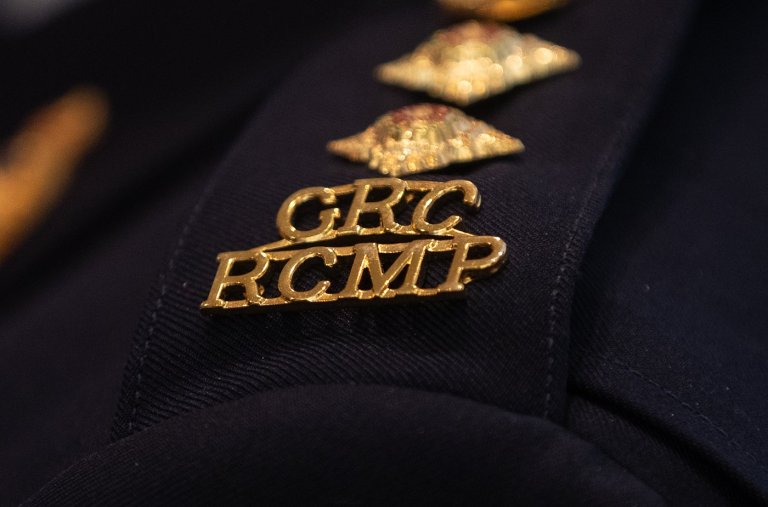Feds, Haida at odds over program that saw iron dust deposited in ocean
VANCOUVER – Members of a prominent First Nation in British Columbia are at odds with the federal government, environmentalists and even other aboriginals over a project that saw tonnes of iron dust deposited into the waters off the West Coast.
The initiative — known as ocean fertilization and pitched as a salmon-enhancement project that could earn carbon credits for the community of Old Massett — cost the village more than $2 million and took place this summer in international waters west of the Haida Gwaii islands on B.C.’s northwest coast.
While the band’s chief councillor says members debated the issue, voted on the project, performed their legal due diligence and even met with federal officials, Environment Canada says it never received an application for ocean fertilization under the Disposal at Sea program and has launched an investigation.
Meantime, the U.S.-based National Oceanic and Atmospheric Administration (NOAA), which provided resources to the project, is now saying it was misled, and environmentalists are calling the initiative disconcerting, arguing it may have breached international conventions.
The band will hold a news conference at the Vancouver Aquarium Friday morning to provide more details on the project which saw 100 short tons of iron sulfate and 20 short tons of iron oxide dropped into the ocean.
The community of Old Massett maintains that it thought the initiative was a well-founded one.
“In my understanding and my position, before the boat left, all the methodologies, the science, the governance and the legalities were set,” said Ken Rea, chief councillor for Old Massett. “The table was set before that boat left or else it wouldn’t have left.”
The project was officially run through a company called the Haida Salmon Restoration Corporation, which is owned by the village.
Rea said the band got involved with the project initially because it was interested in receiving carbon credits tied to forest-restoration work.
The main reason, however, was tied to salmon, a traditional and necessary food source and economic engine for the band.
“The community of Old Massett in the last 20 years, our main industry has absolutely been devastated,” he said. “We went from a community who historically never had a problem with employment to a 70 per cent level now because our whole fishing industry has been completely damaged or devastated, for a lack of a better word.”
Rea said the band looked at the ocean fertilization project for several years, deliberating the matter at the council table, holding public meetings and even a vote, which passed by a “solid majority.”
Although the band talked to a credit union about a loan, officials turned to other funding sources and even some of its own reserves, he added.
Rea said officials also met earlier this year with federal officials, including representatives of Environment Canada, to talk about the project.
Joe Spears, legal counsel for the salmon restoration corporation, said the U.S. National Oceanic and Atmospheric Administration even provided ocean buoys for the initiative that could be used to collect data.
“This is not some kind of rogue operation,” said Spears, adding that the substance was deposited in international waters because that’s where it made sense to conduct the research as fish don’t follow national boundaries.
Almost immediately a large plankton bloom created by the project began to draw marine life, said Spears, which was important because according to a band statement plankton blooms provide nutrients to salmon and other marine life.
Spears said the project ran from July to Sept. 11, at which point a fishing boat, the Ocean Pearl, returned to port with data from the initiative which is now being analysed.
But a spokesman for federal Environment Minister Peter Kent said the project was only “elevated to the minister’s attention” three days ago, and Kent has been looking for answers over Environment Canada’s involvement.
Kent’s press secretary Adam Sweet confirmed Environment Canada officials met with representatives from Haida Salmon Restoration Corp. on May 7 and informed them about disposal at sea legislation.
“They were informed that any iron ore deposit in waters, whether inside or outside the Canadian (200 nautical mile) limit constitutes a violation of the Canadian Environmental Protection Act (EPA 1999) except for the purpose of legitimate research,” he wrote.
Sweet said Environment Canada never received an ocean-fertilization application under the Disposal at Sea program, and the enforcement branch was informed about a possible incident Aug. 29.
An investigation was launched Aug. 30, he added, noting he couldn’t comment further because the matter is under investigation.
The U.S. agency involved in the initiative says it wasn’t aware of the project’s plans to deposit iron dust in the ocean.
“We are disappointed that we were misled,” Ciaran Clayton, a NOAA spokeswoman, said in a statement.
Clayton said the Haida Salmon Restoration Corporation offered in July to deploy 20 NOAA global ocean drifters off the West Coast of Canada for a salmon-research project.
“Haida Salmon Restoration Corporation did not disclose that it was going to discharge material into the ocean, nor did our drifters contribute to the discharge of any material,” added Clayton.
The Council of the Haida Nation also issued a statement Thursday, saying its Hereditary Chiefs Council and nation are no way involved in the project.
“The consequences of tampering with nature at this scale are not predictable and pose unacceptable risks to the marine environment,” said Guujaaw, president of the Haida Nation, who goes by one name.
Eduardo Sousa, a Greenpeace Peace Canada, said the organization is disturbed, saying the project could have contravened international conventions.
“This project should have not gone forward,” he added, adding the federal government should take the blame for the project because it reneged on its responsibilities.
Join the Conversation!
Want to share your thoughts, add context, or connect with others in your community? Create a free account to comment on stories, ask questions, and join meaningful discussions on our new site.














Leave a Reply
You must be logged in to post a comment.